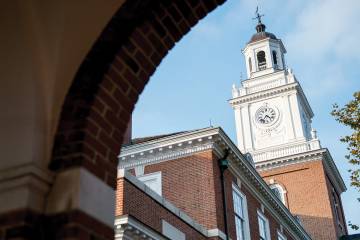Following several months of community engagement, the Baltimore Police Department (BPD) and Johns Hopkins University (JHU) have executed the final Memorandum of Understanding (MOU) for the Johns Hopkins Police Department. Read the message from Dr. Branville Bard, Vice President for Public Safety.
The development of the MOU has been transparent and relied on extensive community engagement and input. The final MOU, modified to reflect the community feedback received, can now be found on our public safety website. We also encourage you to review our frequently asked questions for further information, as well as read more about the process and continue to share feedback below or at publicsafety@jhu.edu.
The Community and Safety Strengthening Act requires Johns Hopkins to establish a Memorandum of Understanding (MOU) with the Baltimore Police Department (BPD) to detail key operational policies of the Johns Hopkins Police Department (JHPD). Following the last several months of community engagement, the MOU has been modified to reflect feedback and is now final and publicly available.
MOU Process
Consistent with police departments at universities in Baltimore City and across Maryland, Johns Hopkins is required by the Community Safety and Strengthening Act, to enter into a Memorandum of Understanding (MOU) with the Baltimore Police Department (BPD) regarding key operational details of the JHPD, including jurisdictional boundaries, the use of body worn cameras, arrests, warrants, investigations, and hiring.
Johns Hopkins committed to exceed its legislative requirements and committed to an extensive community engagement process in advance of finalizing the MOU:
- Posting an initial draft of the proposed MOU online for 30-day public review;
- Sharing the draft with the Baltimore City Council for their 30-day review/feedback;
- Three public town halls to present the MOU for public feedback hosted by the University, as well as an additional town hall hosted by two members of the Baltimore City Council; and
- Nearly 30 individual and small group meetings.
By the conclusion of the feedback period, more than 250 comments and questions were submitted by the community. On December 2, 2022, the final 21-page MOU document, initially released in draft form in September, was published, reflecting the community feedback received over the past two months.
In addition to making the final MOU public, we are sharing an independent report created by experts at 21CP Solutions, a consulting group that helps cities and communities transform the delivery of equitable and integrity-driven public safety services. JHU also published a separate document listing each of the more than 250 comments and questions received during the feedback period along with notes on how that feedback is being addressed.
Nearly all of the MOU-related feedback received was incorporated into the final document. Some examples of language adjusted or added to clarify ideas included:
- The JHPD will not be dispatched to all calls; Johns Hopkins Public Safety will continue to deploy unarmed public safety officers and the Behavioral Health Crisis Support Team when appropriate, and the JHPD will only be dispatched to calls requiring a police response;
- The JHPD’s expanded police powers during a declared emergency will be time-limited, ending once that emergency declaration concludes; and
- JHPD’s body worn camera policy will ensure the protection of confidential, private, or sensitive data.
In the months ahead, the public will have additional opportunities to provide feedback in the development of the many policies and procedures that will guide the operations of the JHPD. We expect the JHPD implementation phase to last for approximately six to 12 months and that the Accountability Board will be an integral partner each step of the way.
The abovementioned resources can also be found below:
To learn more, we encourage members of our community to read Vice President Bard’s message. Please also continue to share feedback below or at publicsafety@jhu.edu.
Town Halls
September 22, 2022 – Homewood / Peabody Town Hall
September 29, 2022 – East Baltimore Town Hall
- Location: Turner Auditorium (Livestream)
- Time: 7 p.m.
Note: We are moving the full, live presentation and facilitated Q&A discussion to a livestream format. Members of the community are invited to either watch the livestream in-person in Turner Auditorium or online (Virtual Events or Youtube).
September 30, 2022 – Virtual Town Hall
Town Hall Resources
Share Your Feedback
Share your comments and questions about the MOU using the form below or via email at publicsafetyfeedback@jhu.edu.
Timeline [1]
August 2022
- August 23 – Announcement of dates and locations of three public town halls to present the draft MOU and obtain community feedback/questions.
September 2022
October 2022
- October 18 – Public comment period ends.
- October 19 – Baltimore City Council 30-day review/comment period on proposed MOU.
November 2022
- November 17 – City Council comment period concludes.
November / December 2022
[1] Timeline and projected finalization of MOU may be subject to change.
[2] As defined in CSSA legislation and limited by law to primary campus areas around Homewood, Peabody, and Baltimore campuses.






